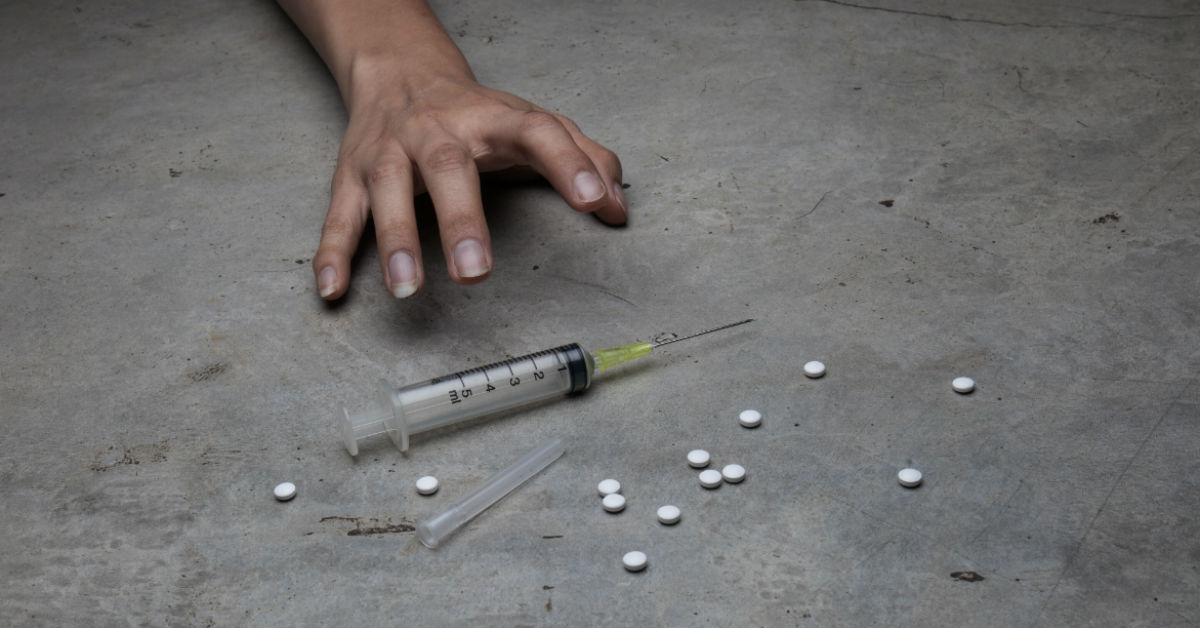It can be devastating when a parent’s nightmare becomes reality–that they’ve discovered their teen is using drugs. Even the best parents face this kind of challenge, because there is no guaranteed way to ensure your child will never try alcohol or drugs. However,you can control the ways to deal with your drug abusing teen that can lead to the best possible circumstances and put them on a path toward recovery. Help Your Teen Now can play a big part in getting your family the help it needs to navigate through this difficult time.
Before you confront your teen in an angry tirade, take some time to absorb the information and reflect on the best way to approach your child about your discovery. You may feel sadness, betrayal, embarrassment, shame, or panic as you think about your child’s drug use. However, don’t do anything until you feel you can calmly approach your child without flying off the handle. Getting mad and losing your temper doesn’t set the stage for your child to confide in you or listen to your advice.
Select a time and place where you can talk to your teen about your discovery. It should be a place where you both are comfortable and where you will encounter minimal distractions and interruptions. Think about what you want to say ahead of time, and make sure you never use accusations and insults with your child.
Prepare to do a lot of listening and really try to understand your teen’s motivations. Ask questions that require more than a yes or no answer. and allow your teen to feel safe in opening up. Above all, make sure your teenager understands that you will always love him or her and will not do anything drastic like kick them out of the house or call the police. Right now, your teen needs to know they have the support they need to make some difficult choices.
As the discussion moves forward, it’s a good idea to work with your teen on a plan of action. Depending on the circumstances, you can guide your teen toward therapy, rehabilitation facilities or even a more long-term solution like a therapeutic boarding school. Let your teen tell you what direction they think might help the most and give you some ideas on how to start that process. If your teen is not interested in making changes, it may be time to insist on professional therapy to address the problem.
Your teen may become defensive, angry and rebellious as the discussion moves forward, and that’s typical. Above all, make sure you remain calm and supportive. Even if your teen doesn’t act like they want to receive help, your messages could be the beginning of a breakthrough. When you contact Help Your Teen Now, we can guide you through the process of what you need to do to make arrangements for your teen and their long-term care while dealing with drug abuse. You are not alone during this difficult time, and Help Your Teen Now knows what kind of support you need to do what is right for your child.











0 Comments